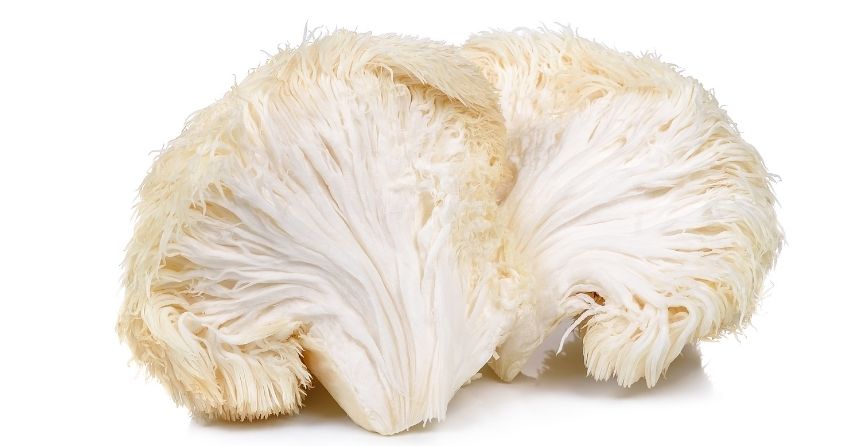Lion's Mane Mushroom Linked to Cognitive Health in Aged Mice

-
Lion's mane mushroom (Hericium erinaceus mycelium) has been studied for its role in protecting the aging brain.
-
This study looked at mice with genetic risk for cognitive loss.
-
Supplementing with lion's mane for 12 weeks led to significant improvements in learning and memory tests and delayed degenerative brain aging.
This study was published in the journal Nutrients in October 2021:
Study abstract excerpt:
There have been many reports on the neuroprotective effects of Hericium erinaceus mycelium, in which the most well-known active compounds found are diterpenoids, such as erinacine A. Previously, erinacine A-enriched Hericeum erinaceus mycelium (EAHEM) was shown to decrease amyloid plaque aggregation and improve cognitive disability in model APP/PS1 mice.
However, its effects on brain aging have not yet been touched upon. Here, we used senescence accelerated mouse prone 8 (SAMP8) mice as a model to elucidate the mechanism by which EAHEM delays the aging of the brain. Three-month-old SAMP8 mice were divided into three EAHEM dosage groups, administered at 108, 215 and 431 mg/kg/BW/day, respectively. During the 12th week of EAHEM feeding, learning and memory of the mice were evaluated by single-trial passive avoidance and active avoidance test. After sacrifice, the amyloid plaques, induced nitric oxidase synthase (iNOS) activity, thiobarbituric acid-reactive substances (TBARS) and 8-OHdG levels were analyzed. We found that the lowest dose of 108 mg/kg/BW EAHEM was sufficient to significantly improve learning and memory in the passive and active avoidance tests. In all three EAHEM dose groups, iNOS, TBARS and 8-OHdG levels all decreased significantly and showed a dose-dependent response. The results indicate that EAHEM improved learning and memory and delayed degenerative aging in mice brains.





